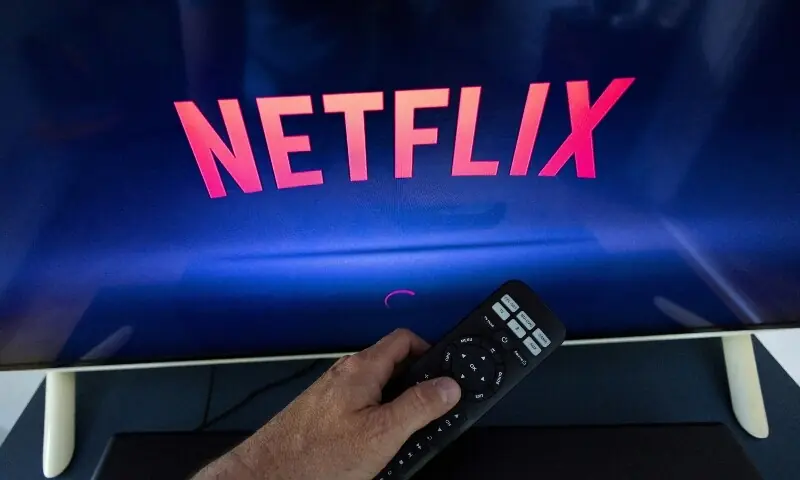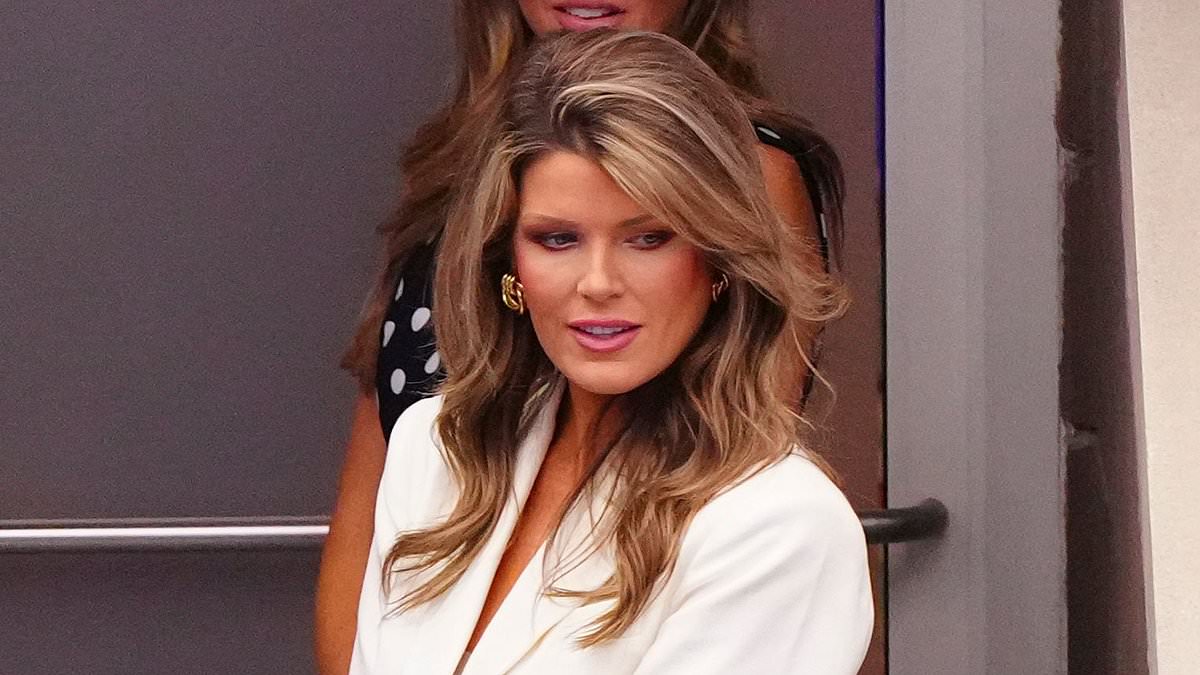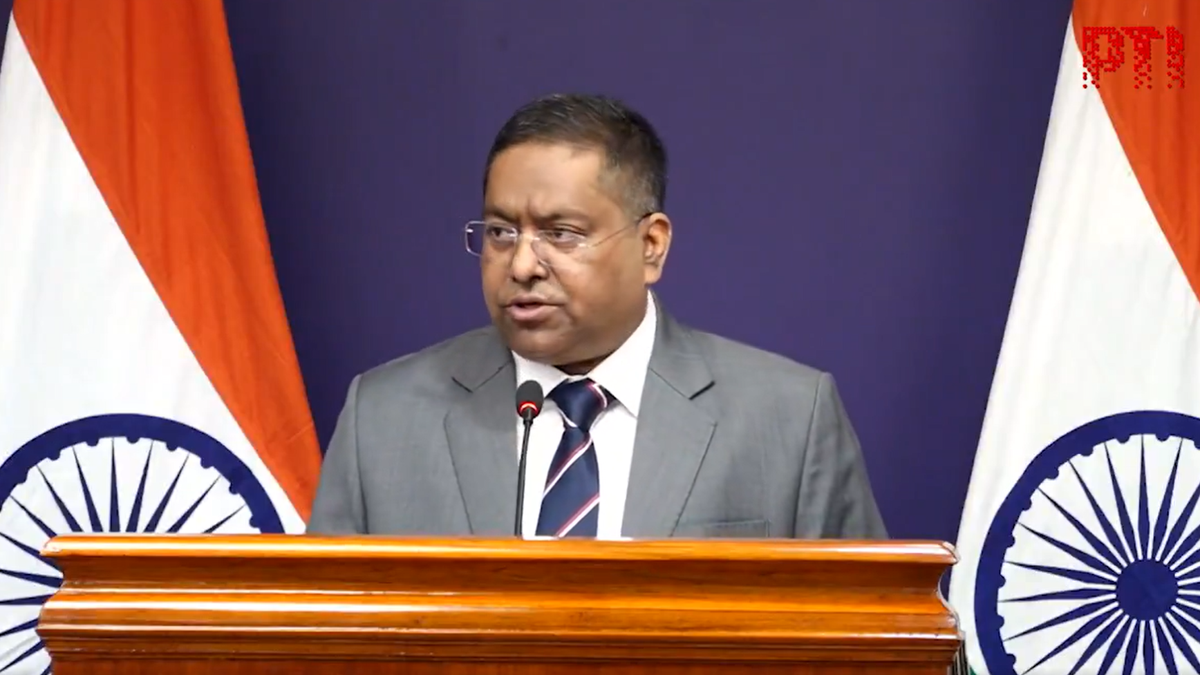Copyright asalmedia

LAHORE – The Lahore High Court (LHC) has ruled that Pakistan’s established film censorship laws, specifically the Motion Pictures Ordinance of 1979, do not apply to digital streaming platforms such as Netflix and Amazon Prime. The court dismissed petitions filed by cinema operators seeking to extend the ordinance’s scope to these Over-the-Top (OTT) services. Justice Raheel Kamran delivered a detailed 20-page judgment, observing that the 1979 ordinance was enacted in a pre-digital era to regulate films exhibited through cinematographs in cinemas and other public venues. He emphasized that the law was not designed for online streaming services. The judge stated that extending the ordinance to cover OTT platforms would amount to “judicial legislation,” an act beyond the court’s authority. Petitioners, including NC Entertainment (Pvt) Ltd, had argued that it was discriminatory for cinemas to be required to obtain film certification while digital platforms remained unregulated, contending this infringed their fundamental rights. They asserted that censorship principles, derived from Article 19 of the Constitution concerning freedom of speech and public order, should apply equally across all platforms to uphold social norms of decency and morality. They claimed the ordinance was being selectively and arbitrarily enforced against them, allowing digital platforms to operate unchecked. Justice Kamran further highlighted the fundamental differences between cinemas and OTT platforms, concluding they are not “similarly circumstanced” entities under Article 25 of the Constitution, which ensures equal protection under the law. He noted that pre-censorship of global OTT platforms is not only legally untenable but also logistically impossible given the vast, continuously updated nature of digital content. Law officers representing the federal and Punjab governments, along with lawyers for the Pakistan Electronic Media Regulatory Authority (PEMRA) and the Pakistan Telecommunication Authority (PTA), all opposed the petitions. The federal government’s counsel argued the petitions were not maintainable, stating the petitioners were not aggrieved and their rights had not been restricted. He also pointed out that following the 18th constitutional amendment, the subject of cinematograph censorship devolved upon the provinces, granting them exclusive authority. He maintained that the term “cinematograph” in the ordinance, when construed in context, does not encompass OTT platforms. The Punjab government lawyer clarified that PEMRA exclusively deals with electronic media, and the jurisdiction of the Punjab Film Censor Board is restricted solely to the censorship of films, reiterating that the ordinance has no application to OTT platforms. PEMRA’s representative stated their body was a regulatory authority for broadcasting and distribution services, responsible only for improving quality standards for Pakistani viewers, and had no nexus with motion picture law or the petitioners’ concerns. The PTA’s lawyer similarly confirmed their agency lacked the mandate or jurisdiction to regulate content available on OTT platforms. Advocate Zeeshan Zafar Hashmi, who served as an impartial adviser to the court (amicus curiae), also affirmed that the ordinance primarily deals with the exhibition of films by means of a cinematograph, which is controlled by the Censor Board through censorship. Justice Kamran also dismissed the petitioners’ contention that importing digital content is exempt from the Import Policy Order 2022, holding that once content is exhibited publicly in Pakistan, it must comply with domestic laws governing public exhibition. Ultimately, the petitions were dismissed, with the court declaring them non-maintainable on both legal and practical grounds.



